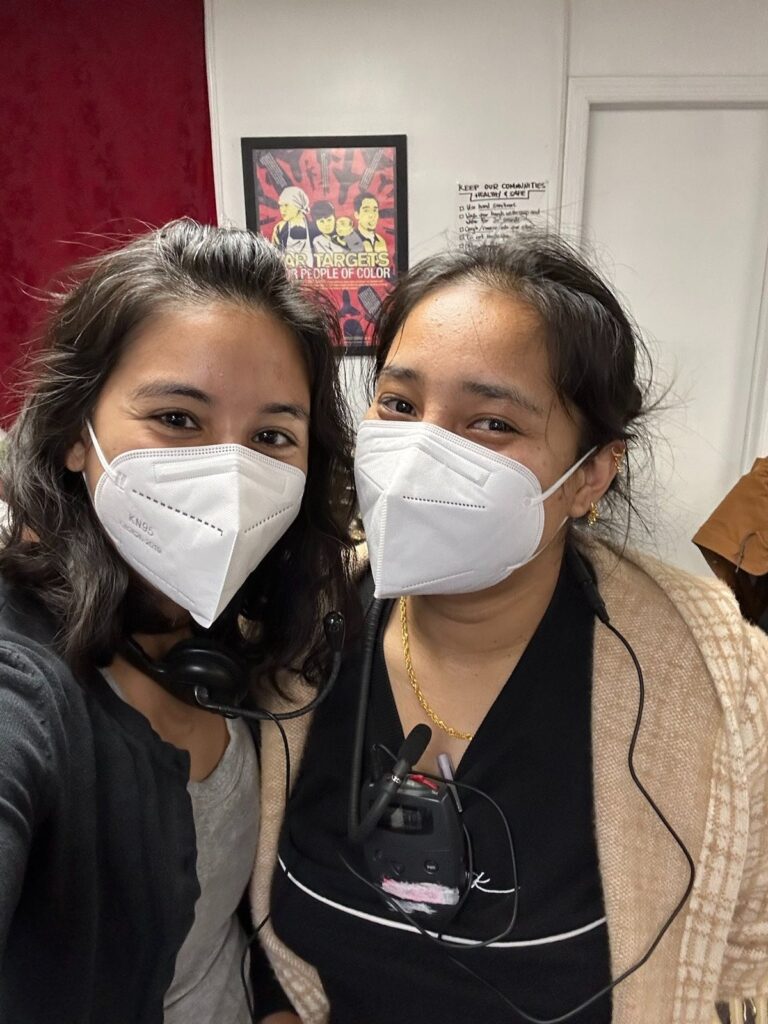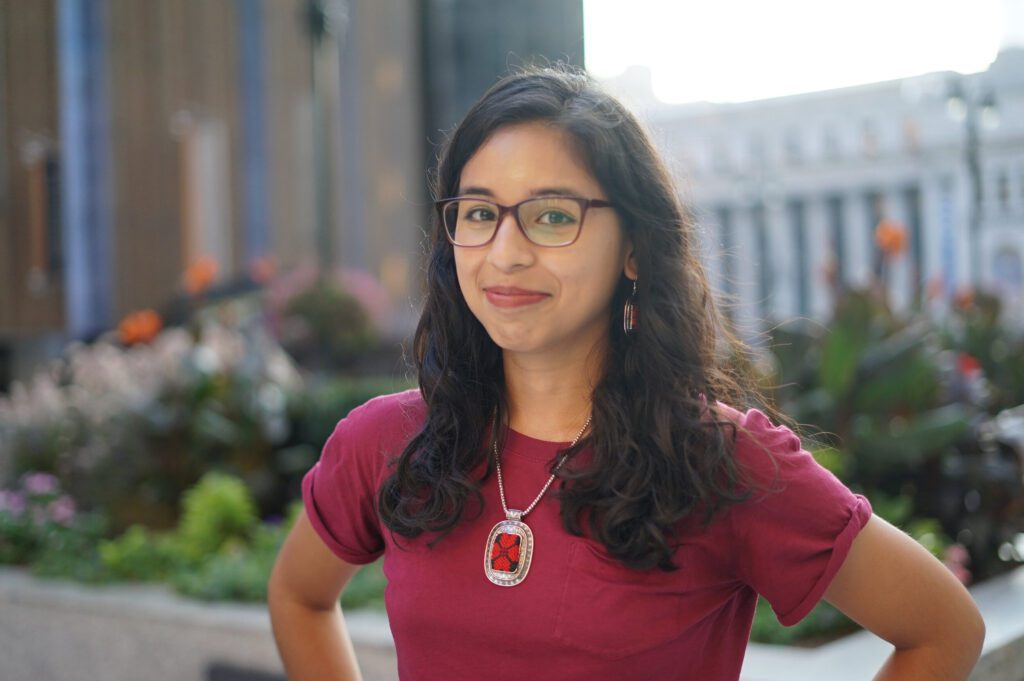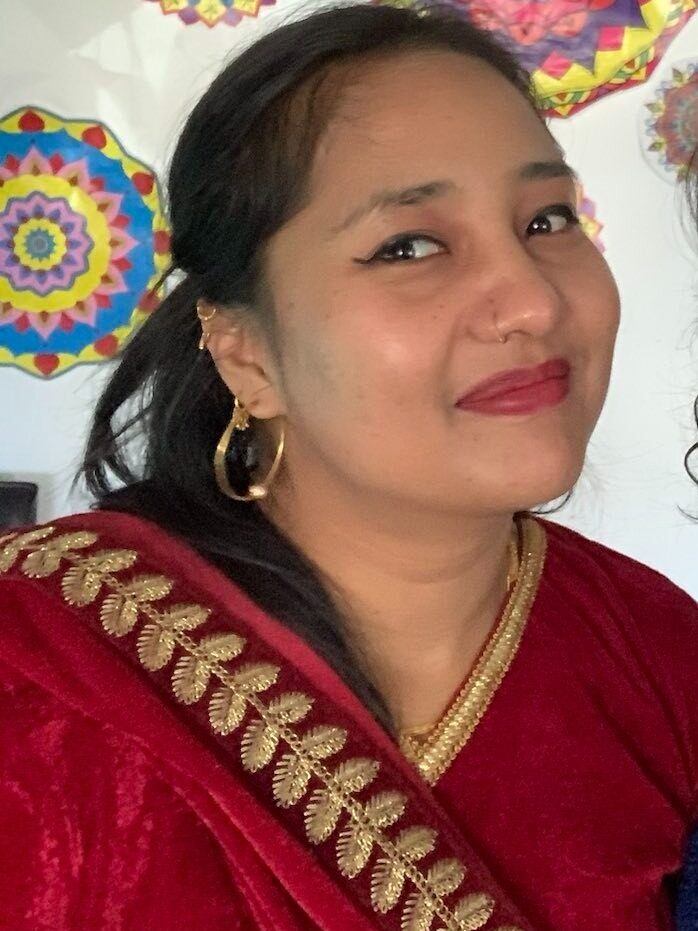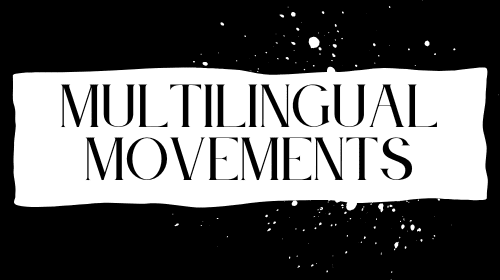About Us
What We Do. Who We Are.

Language Justice
What We Do
Language is a point of weakness in movements for racial justice across New York City. We have seen grassroots organizations that build a large base consisting of members who speak the same language, but when multiple groups come together in a multi-racial coalition to secure tenant protections or unemployment for undocumented immigrants, they struggle to create multilingual spaces. In truly multilingual spaces, South Asian and Latinx immigrants are equally engaged with facilitation and conversation happening in multiple languages so members can engage in political education, leadership development and skill sharing in their languages.
Living in the belly of the imperialist beast, English has seeped deep into our tongues, bodies and souls. We center English without even realizing it and in the process marginalize those who are not fluent English speakers, the very individuals who have significant revolutionary potential having experienced its imperialist violence. Language justice is a means to remedy this situation and decenter English and other dominant languages. Language justice is a process that ensures BIPOC poor and working-class individuals can fully participate in campaigns to improve their communities. It goes beyond solely improving our material realities by recentering relationships and care within our movements. Multilingual movements works with groups to unlearn the ways we center English and how capitalism and language oppression hinder our relationships. In the words of a language justice leader, “If language liberation were the reality then we would have people being able to communicate with each other across multiple languages—without shame. I imagine people would be more patient with each other, we’d be less focused on how much content we can pack in and more focused on people developing relationships amongst each other.” This is the world we’re fighting for.
Language Justice is a tool that helps create spaces where working-class communities are seen and heard. Language justice practices go far beyond a checklist or to-do list. Language Justice practices build stronger movements and allow our members to have agency to express themselves. These practices allow members of our organizations and communities to understand and build relationships with each other as we immerse in collective struggles. It actively seeks to develop our identities as workers, women, queer, trans, non binary people, as various oppressed communities that have only either been seen as numbers in our organizations or tokenized within our spaces, whose labor is perpetually invisibilized. Language justice workers are often not seen beyond their labor. Language Justice allows us to see Language Justice workers beyond their labor as a part of the community we are trying to build through our work. It also creates space to see members as more than numbers at our organizations and recognize their role in contributing to the larger movement. Language Justice creates the opportunity to understand what is being shared in our own language, articulate our thoughts, experiences and critiques to build the world we want to live in. Most importantly, it allows for people to grow organically as their authentic selves in their preferred language.
Anshu & Rebecca
Who We Are
Anshu and Rebecca met at DRUM in 2015. Spending time in a shared political space, we learned about each of our relationships with languages, and what it means to be an organizer, an interpreter and translator not only for South Asian and Indo-Caribbean working class communities but also for our movements. Since 2015, we’ve grown together in our language justice journey by attending multiple trainings and thinking through DRUM’s practices and shortcomings. We identified how language has shaped our history, and continues to shape our present. Our relationship is a testament to the power of language justice to deepen relationships and foster intimacy and community across languages. This intimacy not only connects folxs who speak and understand similar languages but also those of us who do not share languages or who have lost languages to capitalism and colonialism.


